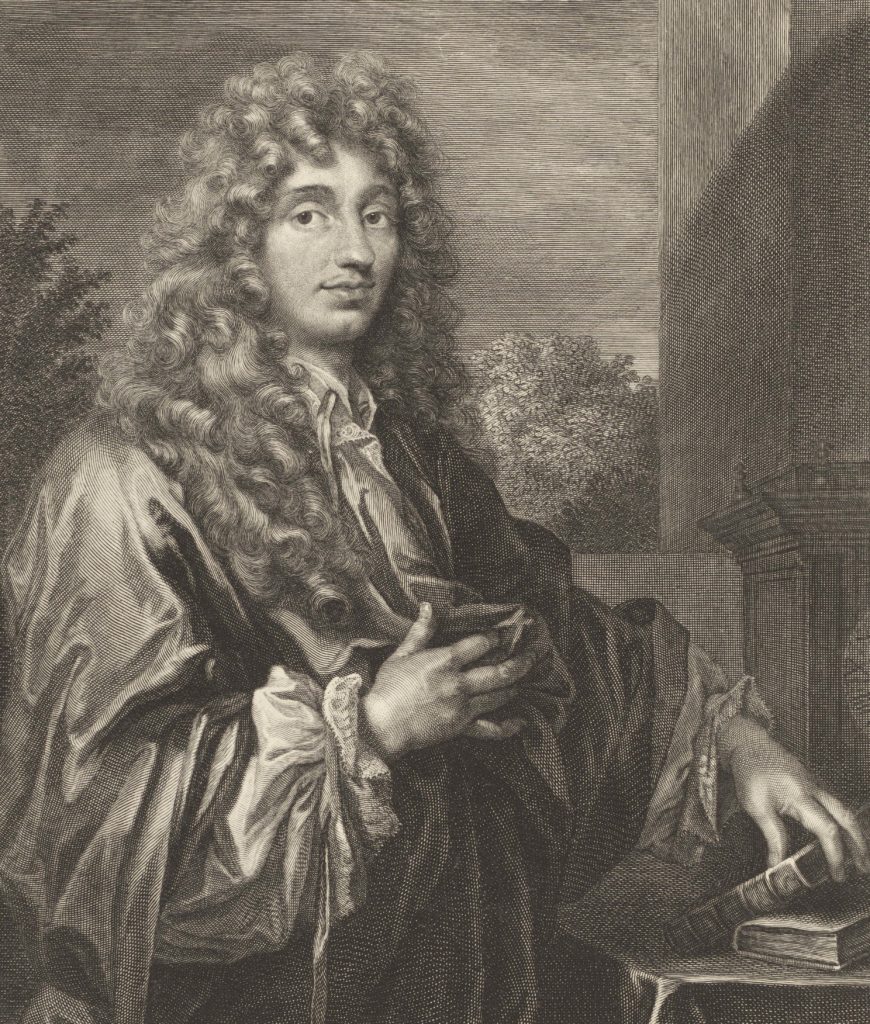
Christiaan Huygens (1629 – 1695) played a primary role in the discovery into the nature of light, developed the tools of calculus, published the first book on probability theory, and invented the first pendulum clock. These accomplishments and more made him an important figure in the early scientific revolution.
Huygens was born into a wealthy Dutch family, excelled early in mathematics which he studies later on in college. His early work focused on mathematics but he quickly turned his attention to the telescope in hopes to better understand how they work. He used improved telescopes to identify the rings of Saturn and discover its largest moon, Titan.
In 1666 Huygens became a founding member of the French Academy of Sciences, one of the oldest scientific organizations in the world. However Huygens is best know by his work on the nature of light. Through his observations and experiments with light he became a proponent of the wave theory of light which was rejected by Isaac Newton for his particle theory of light. The wave nature of light was confirmed by a double slit experiment by Thomas Young in 1803 and today we accept that light acts both as a wave and a particle.